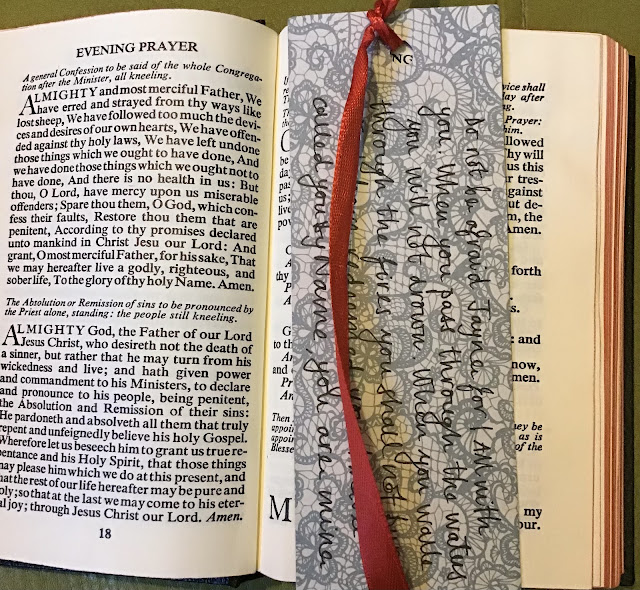The mighty must fall - A short talk on 2 Samuel 1:17-27
2 Samuel 1:17-27
Back when I was an atheist and I had babies and toddlers at home, my mum saw an advertisement for a playgroup at a local church. Not a church goer either, she said “why don’t you go along and take the kids. Churchy people are nice.”
So I went along and discovered that yes, some church people are nice. Some, not so much.
But on that first day, we were welcomed in and introduced to the song that they sang every week at the start of praise and play. Some of you might know it. It goes like this – “My God is so big, so strong and so mighty, there’s nothing that he cannot do.”
It had actions as well, so “ my God is so big” [demonstrate actions.]
And I remember that an image of a Thor, Chris Hemsworth type figure popped into my head, and I thought: this God sounds buff. Maybe he works out. And, maybe this is the kind of God for me.
Is that really how we’re supposed to see God? As this super strong, mighty, all powerful being? Or is that just the only way that humans can best envisage power?
Which brings us on to today’s reading: David’s lament at the deaths of his friend Jonathon and his enemy Saul.
Most commentaries I looked at seemed to fixate on line 26: “your love to me was wonderful, passing the love of women,”which some writers claim is an indication of a gay relationship between Jonathon and David.
Contrasting hugely with those who are adamant that, no, no, no they were just mates who really liked one another. A lot. There’s definitely no homo-erotica to see here.
But what struck me most about this passage was David’s vulnerability in openly demonstrating his pain, in a way that we find so hard to do nowadays, especially publicly.
And the line that leapt out at me was not line 26 but the refrain “How the mighty have fallen.” So let’s talk about that.
How the mighty have fallen. Might. Strength. Power. This is the language of patriarchy. To be in charge, to be in authority, must be equated with masculine, physical expressions of power. How simplistic. How human and tiny.
Because when God decided to show us what God was really like, he did not choose to inhabit the sphere of the powerful or the mighty. He chose to appear to us as the most vulnerable and defenceless thing imaginable; a newborn human child.
If that doesn’t teach us something central about the power of God, then nothing will.
David cries ‘how the mighty have fallen;” again and again, expressing the sentiment that though this man, this king, Saul, was unworthy, it is somehow against the rules that he has been vanquished. The powerful are not meant to fall.
But what David doesn’t realise is that for him to rise, for him to be all that God wanted him to be, Saul had to fall.
The fall of the mighty is central to our faith. For us to Live, Jesus had to die.
For the kingdom of God to come to fruition, the mighty must fall. The powerful. Those who have always been in control. Those who are economically strong but keep their resources for themselves. Those of us who are heard and seen more because of our skin colour, our sex, our class or our able body. We must make room at the table for those who don’t have such privileges.
Those who seize power and abuse power and keep it to themselves. The mighty people in our world.
Let the mighty fall. Let them all fall. Let us usher in God’s kingdom and a reimagining of power where our might is to be found in our weakness.
In our humility. In our vulnerability.
In our admission that sometimes we get it wrong.
By admitting that sometimes we don’t know it all. We don’t have all the answers.
Like David, by honestly and without shame expressing our sorrow, without the expectation that we must always appear to be strong.
Let it all fall down. Let our pretensions of strength and might fall down, and instead let us be mighty in our compassion. In our mercy. In our ability to forgive and to be kind and to serve others. For when we recognise that there is strength to be found in weakness, that’s when we can rise. Amen.




Comments
Post a Comment